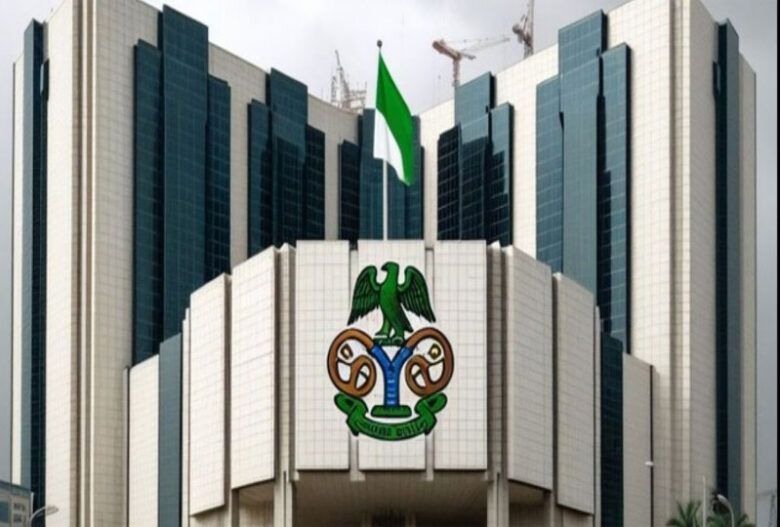Nigeria’s inflation rate continued its third consecutive slowdown, indicating effective control by the Central Bank of Nigeria (CBN) through monetary policy tightening measures.
According to the National Bureau of Statistics (NBS), headline inflation decelerated to 2.14 percent in May from 2.29 percent in April and 3.02 percent in March, marking a notable decline from February’s 3.12 percent.
Food inflation, a significant driver of overall inflation, also saw a decrease for the third consecutive month, dropping to 2.28 percent in May from 2.50 percent in April and significantly lower than February’s 3.79 percent.
This decline in food inflation reflects a slowdown in the price increases of essential goods, providing relief to consumers.
The consistent monthly inflation rate decline underscores the confidence of the CBN’s Monetary Policy Committee (MPC) in their approach. The combination of stringent monetary policies and coordinated fiscal measures by the Federal Government aims to address the high cost of living exacerbated by the COVID-19 pandemic.
While year-on-year inflation remains elevated, the monthly figures are crucial indicators of the immediate impact of CBN’s policy interventions since interest rate hikes began in February.
Muhammad Sani Abdullahi, Deputy Governor of the CBN’s Economic Policy Directorate, expressed optimism, stating, “Slowly but surely, the inflation tide is turning.” He noted ongoing efforts to ensure that the most challenging phase of inflation is soon behind, despite year-on-year inconsistencies.
In May, year-on-year inflation slowed in 13 Nigerian states, including Abuja, Akwa Ibom, Borno, Cross River, Delta, Katsina, Ondo, Oyo, and Rivers. This nationwide decline in month-on-month inflation reflects reduced price increases for various food staples.
CBN Governor Olayemi Cardoso has emphasized tackling inflation as pivotal for sustainable economic growth and enhancing living standards. The central bank’s commitment is evident in its rigorous monetary policy measures aimed at inflation control.
The sustained reduction in inflation rates is crucial for stabilizing Nigeria’s economy and improving citizen welfare. The proactive stance of the CBN underscores its determination to navigate inflation challenges and pave the way for long-term economic stability.
YOU MAY ALSO READ: France-China launches satellite to study universe’s explosions









Got a Question?
Find us on Socials or Contact us and we’ll get back to you as soon as possible.